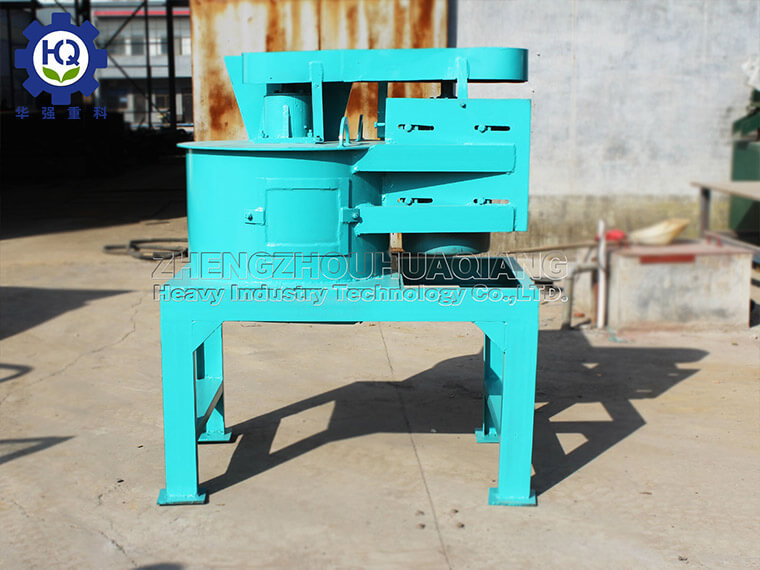Organic fertilizer crusher is the basic processing equipment for materials in fertilizer production line. It is mainly used for crushing materials. After crushing, the materials can be fermented. So, what should be paid attention to when choosing organic fertilizer crusher?

Points for Attention in Choosing Organic Fertilizer Crusher
1. Determine the output of complete sets of organic fertilizer equipment: for example, the annual output of tons, or accurate to the number of tons per hour, because some factories can maintain 365 days of production per year, while some factories can produce 300 days per year; some factories can operate 24 hours, while others can only operate 8 hours, so it is necessary to specify the output per hour, and the matching equipment is more suitable Li.
After market research, it is necessary to determine the required fertilizer production scale and fertilizer granulator output, and determine the appropriate production scale in combination with market prospect and raw material supply.
2. Determine the shape of particles: powder, column, oblate or standard spherical. Commonly used fertilizer granulators are: disc granulator, rotary drum granulator, roller extrusion granulator, flat die pellet mill, ring die pellet mill. The choice of granulator should be based on the local fertilizer market, the price is different with different equipment.
3. Determine the main types of organic raw materials: common organic raw materials include chicken manure, pig manure, cow manure, sheep manure, straw, medicine residue, furfural residue, humic acid, pond mud, municipal sewage treatment plant sludge, etc. The choice of different raw materials and equipment is also slightly different.
4. Determine the type of fertilizer production. Generally, there are four types of organic fertilizer, pure organic fertilizer, organic-inorganic compound fertilizer, bio-organic fertilizer, compound microbial fertilizer, and different types of equipment.
5. The choice of compost turning machine: the general fermentation forms are: strip fermentation, shallow tank fermentation, deep tank fermentation, tower fermentation. Different fermentation methods require different fermentation equipment.